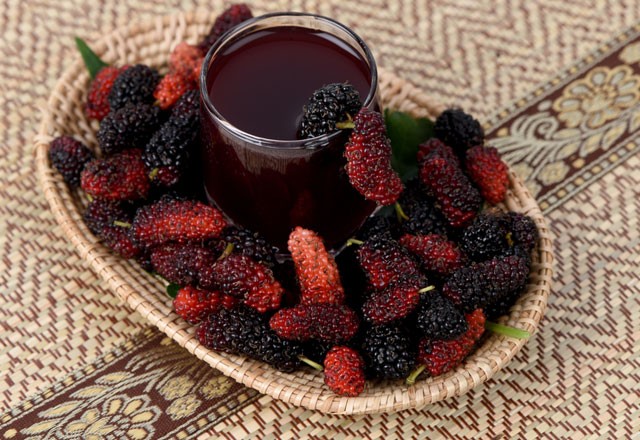The leaves, flowers, fruit and wood of the elderberry plant are used by people in the regions where it grows because of its benefits. Among the locals, the local name of the elderberry plant Sambucus nigra is referred to as mulver, and the flowers of the plant are used by the people living in that region to make tea, toys from its wood and jam from its fruit. Sambucus ebulus leaves, another natural species, are used as pesticides and coloring in fruits (Kültür 2008). Some of the local medicinal benefits of elderberry are as follows; It is acknowledged by the public that it has a sedative, pain reliever, diarrhea, diarrhea, and laxative effect and is used in the treatment of diseases such as bronchitis and asthma (Kültür 2007).
ITS PLACE IN HEALTH AND MEDICINE
Elderberry plant has been used by local people in various parts of the world for years to treat ailments such as flu, colds, sinusitis and herpes. Antiviral effectiveness against viruses that cause these diseases has been scientifically proven. In studies conducted on this subject, it has been observed that elderberry plant accelerates the healing process in the treatment of ailments such as flu. While 90% of the flu patients who were given elderberry syrup recovered after 3 days, only 25% of the patients who were given placebo (consolation medicine) after three days recovered (Zakay-Rones, Z. 2004). Elderberry fruits and flowers are used for antipyretic (Barak et al.2002; Gorchakovaet et al.2007), in the treatment of rheumatism (Uncini Manganelliet al. 2005), sore throats, abdominal pains, sinus inflammations and diarrhea (Schapowal 2007).
Studies have shown that the antioxidant and phenolic content found in commercial elderberry juices is richer than other red fruits (Berrmidez-Soto and Tomas-Barberan 2004). Elderberry contains rich in fiber, calcium, phosphorus, vitamin B6 and vitamin A. In this respect, it is more valuable than other red fruits. There are plenty of anthocyanins in the puree formed after the processing of elderberry fruits. It is possible to evaluate these chemicals in various fields such as cosmetic industry, pharmacy, organic agriculture and fertilizer production (Seabra et al 2008). As the most important studies on elderberry, the supporting effects of diseases such as AIDS and H1N1 (swine flu) in the treatment process are investigated. In these studies, it was demonstrated that elderberry significantly reduces cancer cells and has a preventive effect on swine flu (Barak et al. 2001; Konlee 1998).

